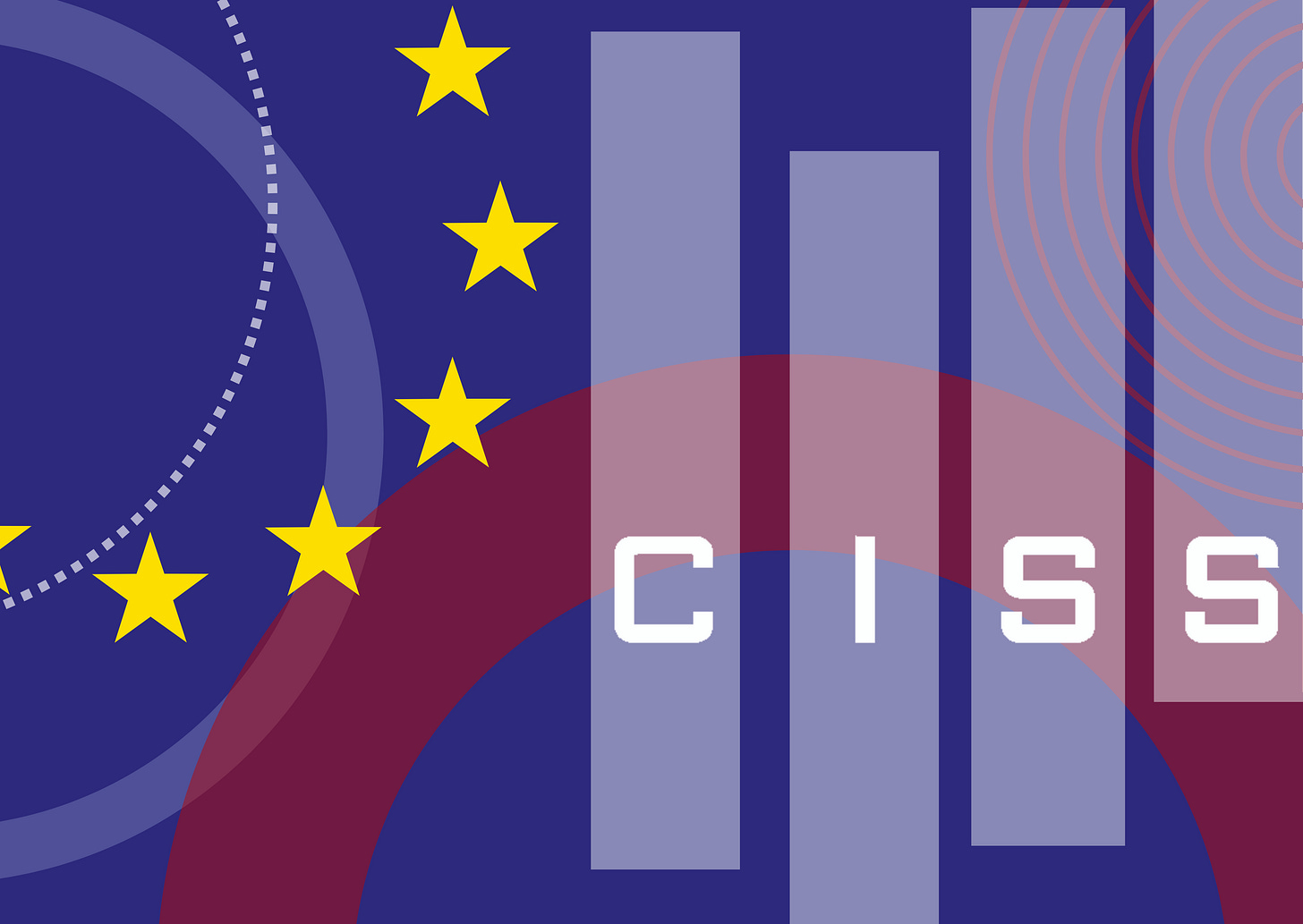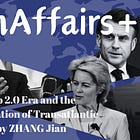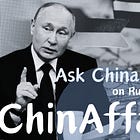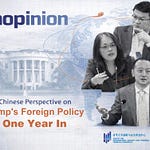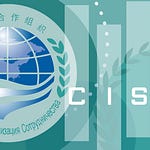Experts in today’s dialogue:
Key Points of Today’s Podcast:
This year marks the 50th anniversary of the establishment of diplomatic relations between the European Union and China. As a multipolar world is emerging, China and Europe navigate a dynamic of both friction and cooperation, exploring new paradigms of competition and collaboration, and reshaping the global multipolar order through the clash of concepts.
In this episode, CISS China Forum invited Dr. Jin Ling, Director and Senior Research Fellow of the Department for Global Governance and International Organizations at the China Institute of International Studies, to talk with Dr. SUN Chenghao and share her insights on the mindsets and administrative models shaping China-EU relations. She will discuss in depth the conceptual divergence between EU’s “values-based diplomacy” and China’s emphasis on “civilizational diversity”, along with their implications for the international order.
Dr. Jin noted that within the European Union there are growing calls for reform, as member states often hold divergent views, and reconciling these internal differences remains an unresolved challenge. Current U.S. tariff policies have also created difficulties for Europe, which are now mainly addressed through bilateral agreements between the U.S. and EU. The broader international environment, marked by instability and uncertainty, further underscores the need for EU reform.
Turning to China–EU economic relations, Dr. Jin highlighted the multiple challenges at play. Europe increasingly perceives China as engaging in “unfair competition.” She argued that there is a perception gap between China and Europe in areas such as the digital sector and the green economy, though both sides are aware of it. Reviewing the evolution of China–EU trade, Dr. Jin observed that a “power shift” has taken place: while economic relations were once broadly seen as mutually beneficial, Europe now views the relationship as “imbalanced” as China has become more competitive.
China continues to regard Europe as a “strategic partner,” Dr. Jin emphasized. However, Europe sees China not only as a partner but also as a competitor, even as a systemic rival. Aligning these different perspectives is highly challenging, yet both sides must recognize that without cooperation, it will be impossible to effectively address many global issues. The most intractable issue in the relationship is “systemic competition,” largely driven by ideological differences and the U.S.–EU emphasis on being “like-minded.” Rebalancing China–EU relations will require reaching new consensus in these areas, and Europe in particular needs to reconsider its “rival” mindset toward China.
Looking ahead, Dr. Jin argued that if both China and Europe prioritize “development” and address shared challenges, they can find common ground. Given that both sides are undergoing digital and green transitions, there is space and necessity for collaboration. On digital economy issues, she stressed they should not be overly “politicized” or “securitized,” though global consensus is needed—especially in light of rapid advances in artificial intelligence.
Dr. Jin also noted that the EU has realized it is unrealistic to expect China to fully adopt European models of “human rights” and “democracy.” At the same time, internal “value divergences” within the EU complicate its pursuit of unity, reflecting Europe’s historical “self and other” narrative. By contrast, China’s history of balancing diverse cultures informs its current advocacy of a “community of shared future for mankind.” Encouragingly, Dr. Jin pointed out that many Europeans today are actively seeking to better understand and respect Chinese culture, suggesting that China and Europe may find greater common ground around the concept of “community.”





